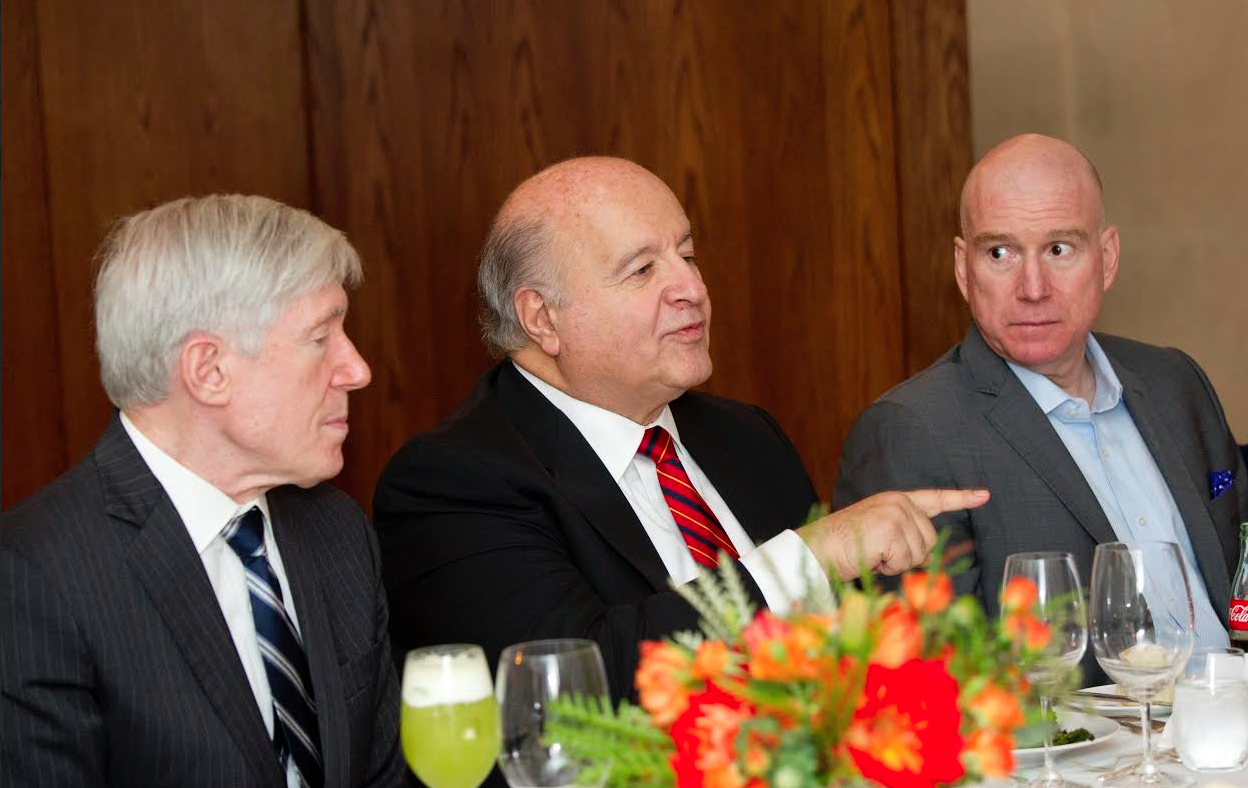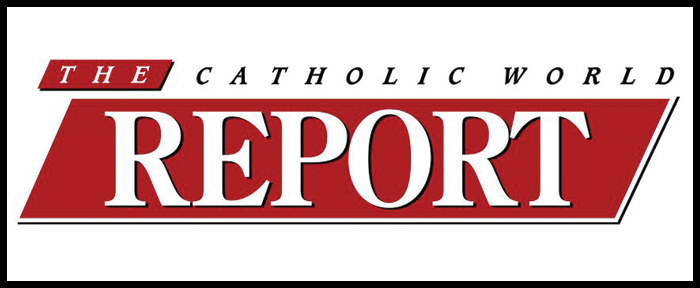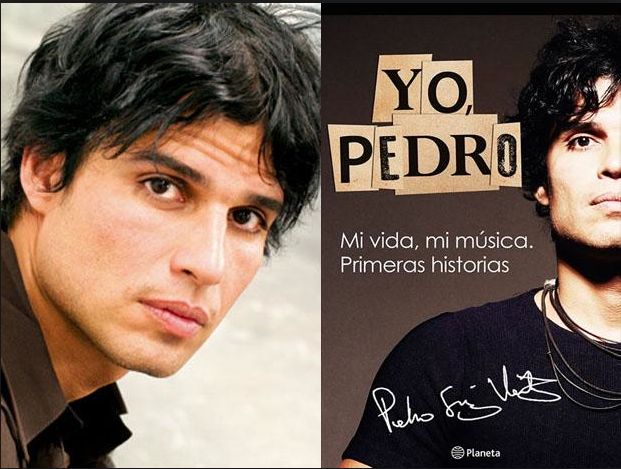![]() Over the past 14 years, The Economist's Innovation Awards program has recognized the work of the world's leading entrepreneurs, thinkers, creators, scientists and innovators, including Steve Jobs, Mark Zuckerberg, Hernando de Soto and Elon Musk.
Over the past 14 years, The Economist's Innovation Awards program has recognized the work of the world's leading entrepreneurs, thinkers, creators, scientists and innovators, including Steve Jobs, Mark Zuckerberg, Hernando de Soto and Elon Musk.
![]() Over the past 14 years, The Economist's Innovation Awards program has recognized the work of the world's leading entrepreneurs, thinkers, creators, scientists and innovators, including Steve Jobs, Mark Zuckerberg, Hernando de Soto and Elon Musk.
Over the past 14 years, The Economist's Innovation Awards program has recognized the work of the world's leading entrepreneurs, thinkers, creators, scientists and innovators, including Steve Jobs, Mark Zuckerberg, Hernando de Soto and Elon Musk.
 The Forum, held on October 15-16, aimed to establish a platform for an annual high level meeting where interested parties can get together and explore opportunities, align visions and enhance bilateral partnerships in four main areas of cooperation: transport, energy, trade and business-to-business contacts.
The Forum, held on October 15-16, aimed to establish a platform for an annual high level meeting where interested parties can get together and explore opportunities, align visions and enhance bilateral partnerships in four main areas of cooperation: transport, energy, trade and business-to-business contacts.
![]() The truly pernicious aspect of poverty is how difficult it is to escape. We are well aware of how labourers use modest incomes to break out of the cycle of poverty by paying for their children’s higher education or buying a home. The Mohammed bin Rashid Al Maktoum Global Initiatives foundation has a similar but even more ambitious goal of using Dh1 billion to help 130 million people escape poverty and illness.
The truly pernicious aspect of poverty is how difficult it is to escape. We are well aware of how labourers use modest incomes to break out of the cycle of poverty by paying for their children’s higher education or buying a home. The Mohammed bin Rashid Al Maktoum Global Initiatives foundation has a similar but even more ambitious goal of using Dh1 billion to help 130 million people escape poverty and illness.

Hernando de Soto was the main speaker at a roundtable discussion hosted by The Atlantic and Omidyar Network on property rights in New York City on September 25th, 2015. The discussion focused on the importance of assets and property rights in determining how best to sustainably move away from inequality within the growing global economy.
 Much of this is due to an absence of basic property rights, as economist Hernando de Soto argues throughout his popular book, The Mystery of Capital. If the global poor don’t have the legal means or incentives to trade beyond families and small communities, so-called “globalization” will still leave plenty behind.
Much of this is due to an absence of basic property rights, as economist Hernando de Soto argues throughout his popular book, The Mystery of Capital. If the global poor don’t have the legal means or incentives to trade beyond families and small communities, so-called “globalization” will still leave plenty behind.
 The Pope’s writings and interviews show that his teachings are within the Catholic social tradition, and that he supports business creativity, job creation, economic growth, and free markets. Like his predecessors, Pope Francis says that he does not propose a political ideology, or a sort of “unruly activism” or “irresponsible populism.”
The Pope’s writings and interviews show that his teachings are within the Catholic social tradition, and that he supports business creativity, job creation, economic growth, and free markets. Like his predecessors, Pope Francis says that he does not propose a political ideology, or a sort of “unruly activism” or “irresponsible populism.”
 The defining battle of the 20th Century was the fight between communism and capitalism. In the end, capitalism triumphed, but in its wake, it created a small cabal of elites, and endless poverty.
The defining battle of the 20th Century was the fight between communism and capitalism. In the end, capitalism triumphed, but in its wake, it created a small cabal of elites, and endless poverty.
![]() As Europe continues to be flooded by refugees fleeing from war torn countries, such as Syria, Iraq and Afghanistan it has led to a frantic search for solutions. One solution recommended in a New York Times article this week, Who’s Responsible for the Refugees?, highlights the the work of Peruvian economist Hernando de Soto as holding a key to solving the crisis long term.
As Europe continues to be flooded by refugees fleeing from war torn countries, such as Syria, Iraq and Afghanistan it has led to a frantic search for solutions. One solution recommended in a New York Times article this week, Who’s Responsible for the Refugees?, highlights the the work of Peruvian economist Hernando de Soto as holding a key to solving the crisis long term.

The Arab Spring was triggered by the self-immolation in the former French colony of Tunisia, in December 2010, of Mohamed Bouazizi.Bouazizi was not a labourer but a businessman since the age of 12, who very much wanted more capital (ras el mel in Arabic). A Eurocentric classification system blinded us to the fact that Bouazizi, in reality, was leading an Arab industrial revolution of sorts.
 While we can argue forever about the causes of conflict in the Middle East, it is impossible to ignore the impact of American foreign policy on what’s happening in Europe.The Iraq invasion (which could reasonably be described as “largely America’s responsibility”) unleashed a period of instability and competition in the region that is collapsing states and fueling sectarian conflict.
While we can argue forever about the causes of conflict in the Middle East, it is impossible to ignore the impact of American foreign policy on what’s happening in Europe.The Iraq invasion (which could reasonably be described as “largely America’s responsibility”) unleashed a period of instability and competition in the region that is collapsing states and fueling sectarian conflict.

In the forests of India, something exciting is going on. Villagers are regaining property taken from them when the British colonial authorities nationalized their forests. Just as exciting, in urban Kenya and elsewhere, people are doing away with the need for banks by exchanging and saving their money digitally. All over the world, poor people are discovering the blessings of bottom-up capitalism.
 Hernando de Soto, the famous Peruvian economist and author of the book The Mystery of Capital, asserts that no nation can have a strong market economy without adequate participation in an information framework that records ownership of property and other economic information.
Hernando de Soto, the famous Peruvian economist and author of the book The Mystery of Capital, asserts that no nation can have a strong market economy without adequate participation in an information framework that records ownership of property and other economic information.
 World renowned Peruvian singer Pedro Suárez-Vértiz has dedicated a whole chapter in his recent book, 'Yo Pedro: Mi Vida, Mi Música, Primeras historias' to ILD's Hernando De Soto.The chapter is titled, ‘Una conversacion de altura’ and in it he talks about his personal encounters with De Soto on an airplane and singing at his birthday party. Suárez-Vértiz recalls his positive impressions and talks about the global influence of De Soto.
World renowned Peruvian singer Pedro Suárez-Vértiz has dedicated a whole chapter in his recent book, 'Yo Pedro: Mi Vida, Mi Música, Primeras historias' to ILD's Hernando De Soto.The chapter is titled, ‘Una conversacion de altura’ and in it he talks about his personal encounters with De Soto on an airplane and singing at his birthday party. Suárez-Vértiz recalls his positive impressions and talks about the global influence of De Soto.

Piketty worries about wars in the future and suggests that they will come about in the form of a rebellion against the inequities of capital. Perhaps he hasn’t noticed that the wars over capital have already begun right under Europe’s nose in the Middle East and North Africa (MENA). Had he not missed these events, he would have seen that these are not uprisings against capital, as his thesis claims, but for capital.